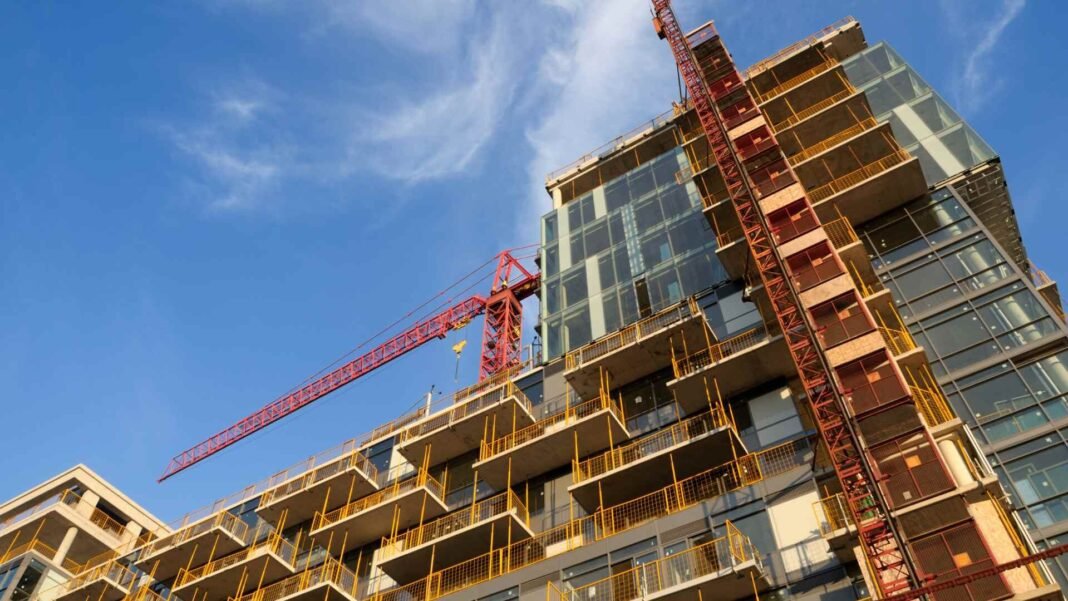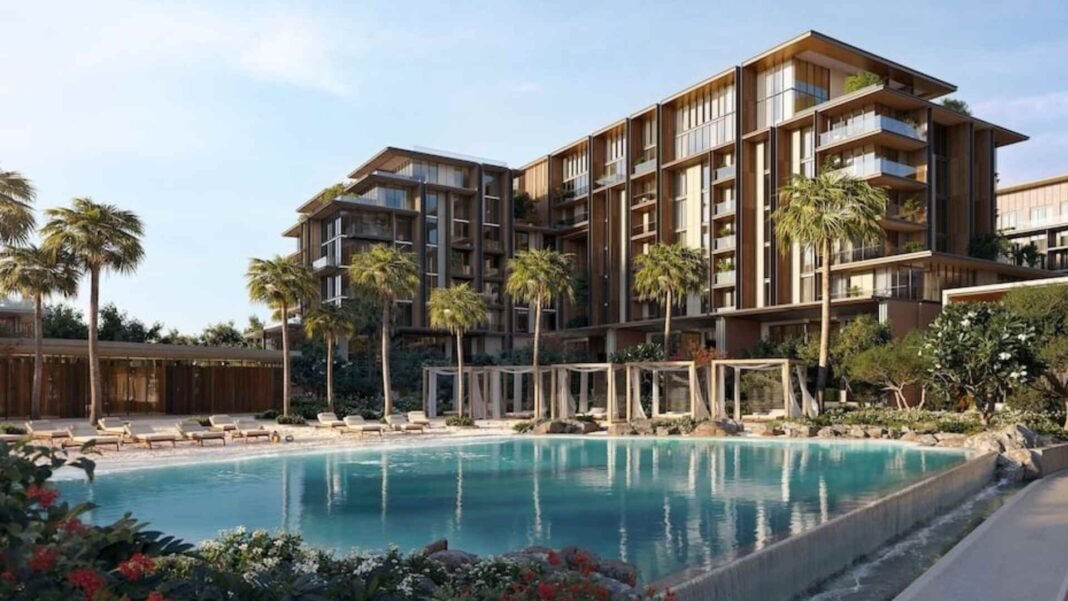In the glittering skyline of Dubai, where luxury meets opportunity, a new trend is emerging for savvy investors: turning a Dubai apartment into a ‘second salary.’ This concept refers to the steady stream of rental income that can be generated from investing in Dubai’s real estate market, providing a reliable secondary income source. With its robust economy, growing population, and attractive investment incentives, Dubai has positioned itself as a prime destination for those looking to diversify their income through real estate. High Rental Returns One of the primary reasons investors are flocking to Dubai’s apartment market is the high rental yields. Recent data shows that rental yields in Dubai range from 5% to 9%, with some properties offering up to 10-13%. This is significantly higher than the average yields in other global cities, such as London (7.2%) or New York (2-3%). Moreover, tenants in Dubai typically pay their rent annually or quarterly, ensuring a steady and guaranteed income for landlords. This payment structure provides financial stability and predictability, making it an attractive option for investors seeking a consistent second income. The demand for rental properties in Dubai is further fueled by the city’s growing population and its status as a global
Topics
- Artificial Intelligence
- companies
- Construct 360
- E-Commerce industry
- Economy News
- Economy News
- Editor Choice
- Edtech industry
- energy industry
- Entertainment & Leisure
- Entrepreneurs
- Featured
- Fintech
- Funding News
- General News
- Government Policies
- Growth & Strategy
- Health & Wellness
- Healthtech
- industry
- Information & Communication Technology
- Lifestyle
- Management
- Management and Leadership
- Marketing & Branding
- Merger and Acquisition
- Money & Personal Finance
- News
- Oil and Gas
- Real Estate
- Sports and Productivity
- Start-up
- Technology
- Top 10 Listing Article
- Travel
- Women
More
Popular Categories




